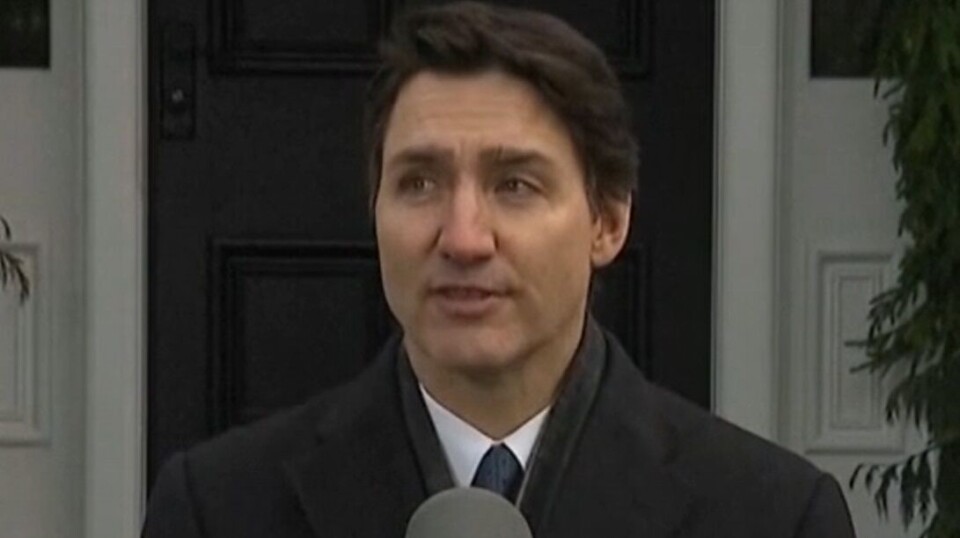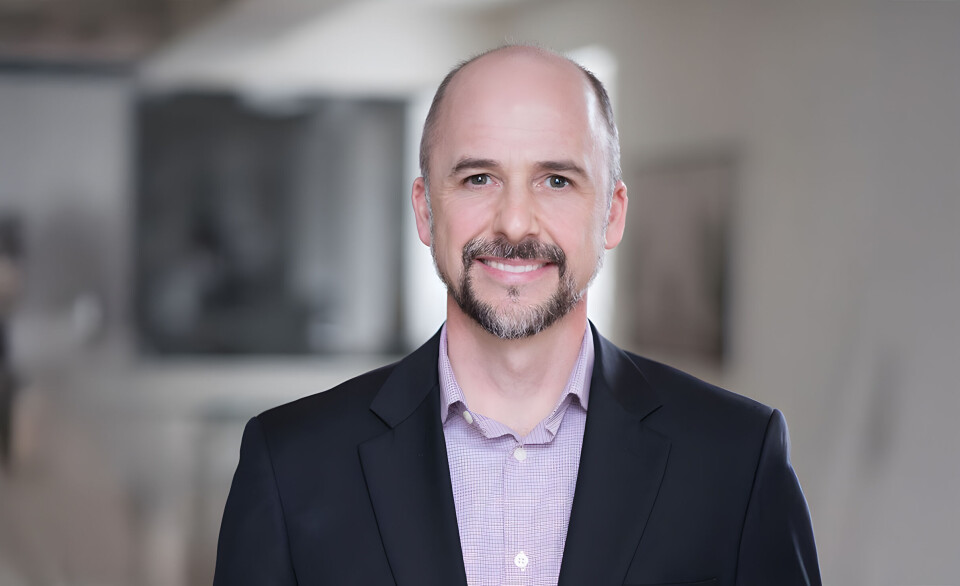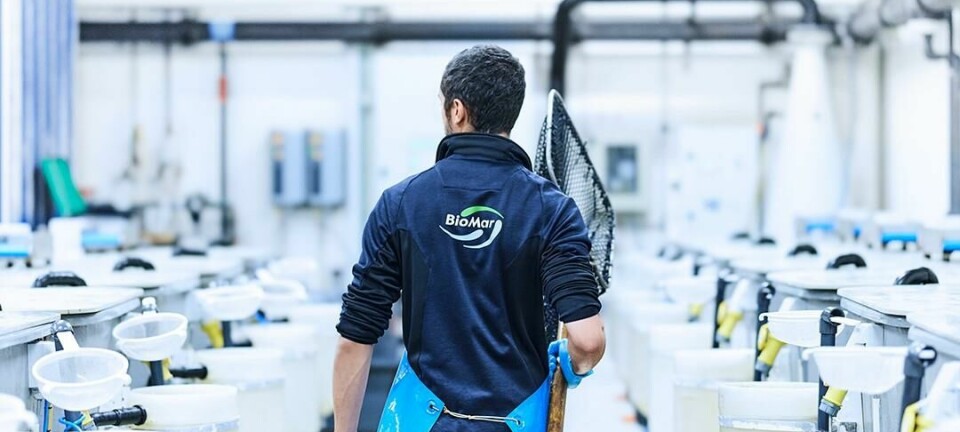
Aquaculture leader calls for BC salmon ban to be scrapped in 're-set' for Canada
Kennedy wants 'science-based' policies after 'transition' architect Trudeau quits
The head of the Canadian Aquaculture Industry Alliance (CAIA) has called for the federal government to adopt a science-based approach to food production following the announcement by Prime Minister Justin Trudeau that he will resign as PM and leader of the Liberal Party.
Trudeau’s resignation offers a potential lifeline for the open-net pen salmon farming industry in British Columbia, which the Trudeau administration has said will be banned by mid-2029.
The Liberal-led minority government, which recently lost the support of the New Democratic Party (NDP), wants to “transition” salmon farming in BC on to land or into floating closed containment systems, despite evidence from its own scientists that net pen farming doesn’t harm wild salmon populations.
Conservatives lead in polls
Like the Liberals, the NDP opposes salmon farming, but the Conservative Party – which has a strong lead in opinion polls – looks upon so-called “resource industries” such as fish farming more favourably, although that doesn’t guarantee a reprieve for BC fish farmers.
Trudeau has been in power for a decade but has become increasingly unpopular with voters, culminating in a demand for him to step down by Liberal MPs worried about losing their jobs in a general election due sometime this year.

The Liberal Party needs to realise that their political attack on the BC salmon farming sector is symbolic of other extreme policies they have pursued that Canadians are fiercely rejecting
CAIA leader Tim Kennedy
Tim Kennedy, president and chief executive of the CAIA, told BC-based website SeaWestNews: “It is time for a re-set…A re-set to a government that makes sound science-based decisions for the good of all Canadians…a re-set to a growing and thriving Canadian seafood sector.”
Axe the ban
The change must start with the removal of the proposed ban on open-net salmon farming in BC and increased support for the aquaculture sector in Canada, said Kennedy.
“Prime Minister Trudeau has been the leader of a government that has actively suppressed the production of farmed seafood in British Columbia,” said Kennedy.
“The Liberal Party needs to realise that their political attack on the BC salmon farming sector is symbolic of other extreme policies they have pursued that Canadians are fiercely rejecting.
“This government and party have forced aquaculture production in BC to fall to levels not seen for decades. This hurts Canadian families: their access to affordable and Canadian-produced food, opportunities for good middle-class jobs and jobs for young people, weakened communities, and First Nations’ economic self-determination.”
Put transition on pause
BC’s salmon farmers and First Nation partners are not opposed to the principle of transition, seeing it as an opportunity to develop innovative aquaculture systems, enhance efficiency, and further improce ecological sustainability.
But the short five-year timeline leading up to a ban on open-net salmon farms in 2029 is “reckless, unfeasible, and irresponsible”, they have said.
Isaiah Robinson, deputy chief councillor of the Kitasoo Xai’xais First Nation, which has been farming salmon since the 1980s, told SeaWestNews that Trudeau’s resignation is likely to cause further uncertainty in the sector and impact the transition timelines. Trudeau has prorogued Parliament, suspending business – and a no-confidence vote that would trigger a general election – until March 24 to give the Liberals time to elect a new leader.
“I would say it would be the best to put the transition process on hold at this point, because the government it is just going to be in a holding pattern,” he said.
“We need to redefine what this transition plan means and its aims…because currently the objectives of the transition plan are unrealistic,” he said.






















































